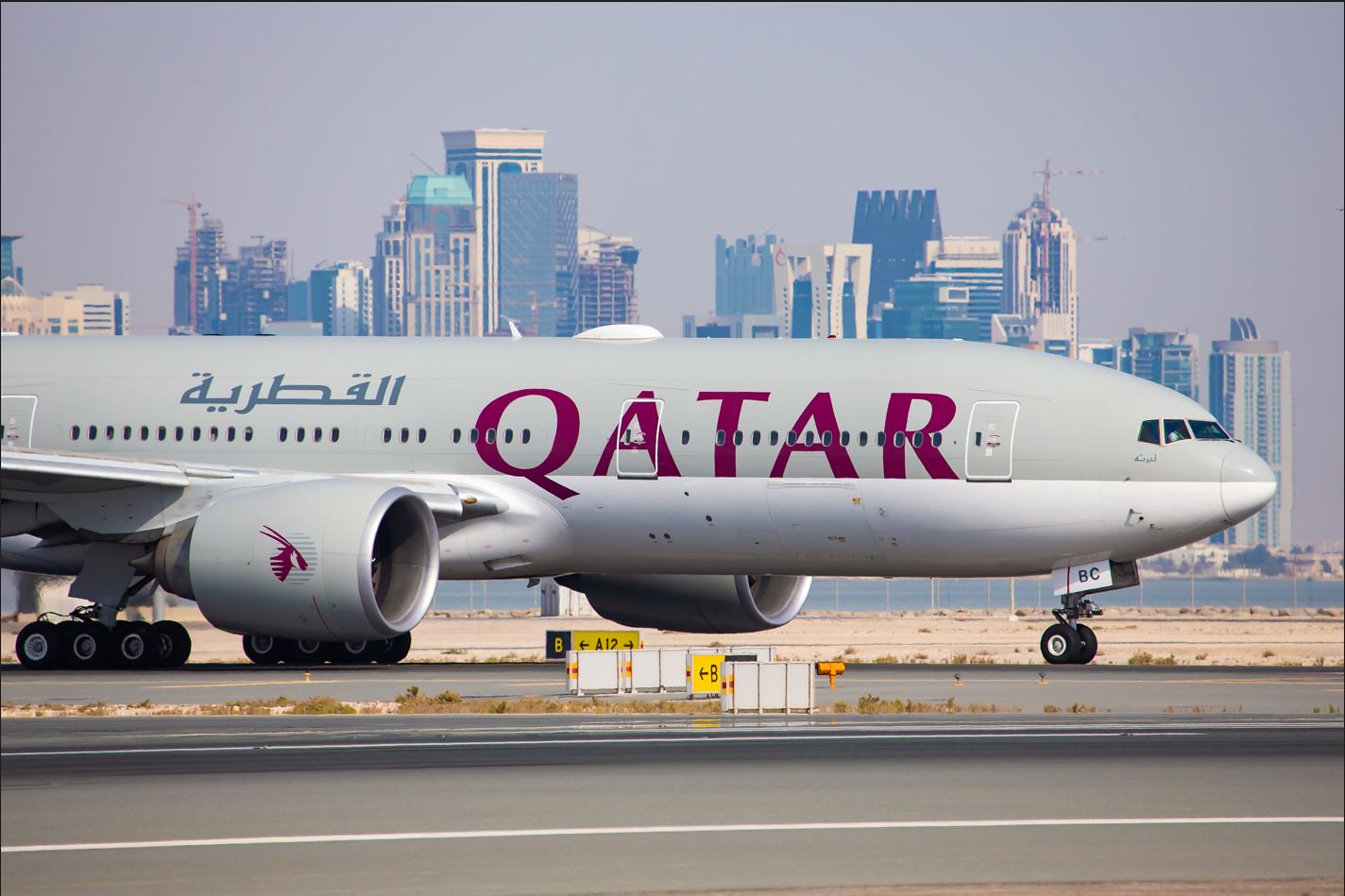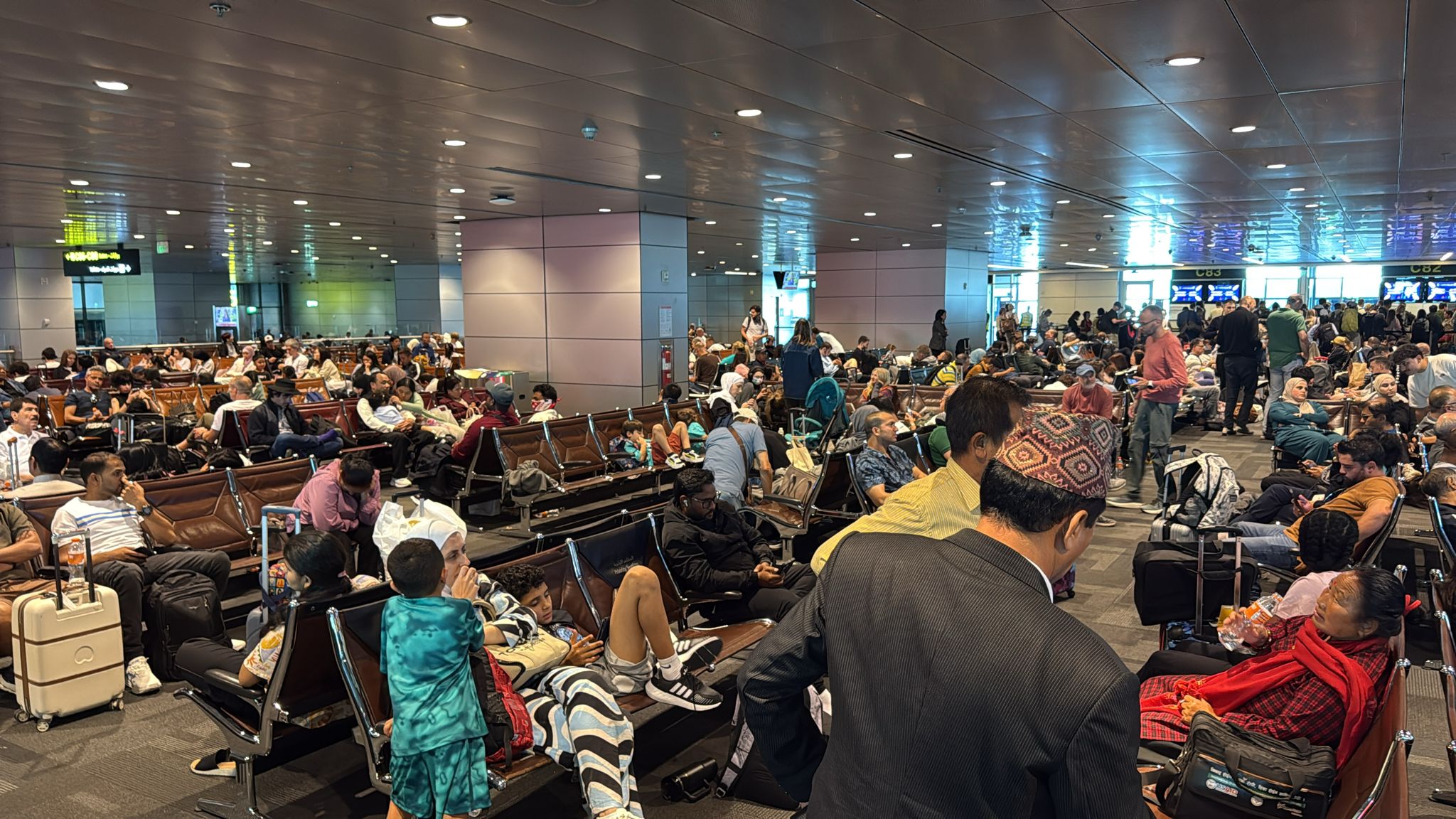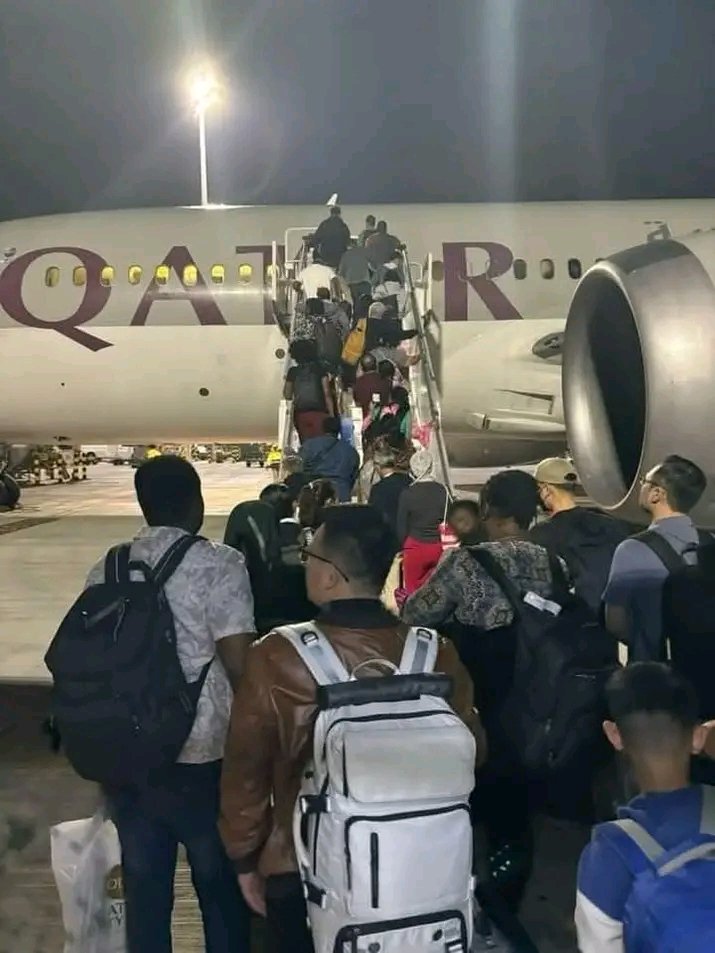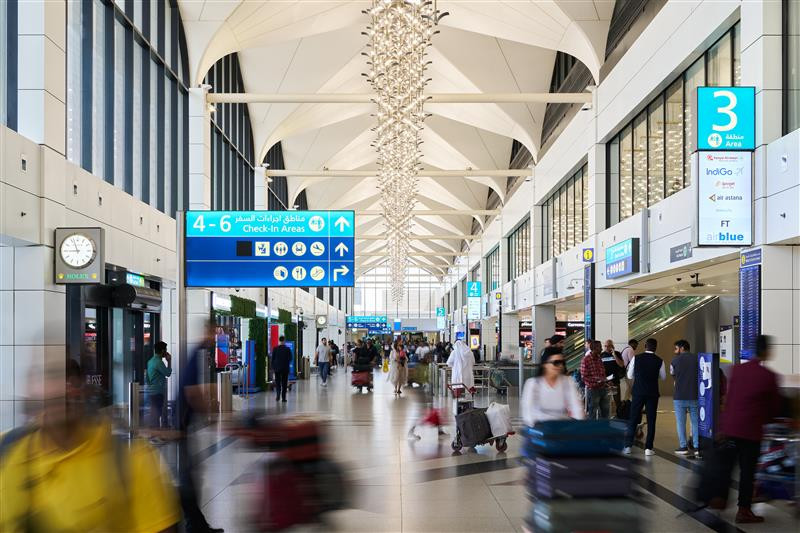
After nearly two weeks of tense conflict and grounded flights, Israel reopened its skies for air travel late Tuesday night, signaling a cautious return to normalcy amid a fragile ceasefire with Iran. The Home Front Command lifted all restrictions on gatherings, clearing the way for Israel’s main international gateway, Ben Gurion Airport, and other airports to resume full operations following a 12-day closure of the country’s airspace.
The reopening marks a critical phase in a government-led operation to repatriate between 100,000 and 150,000 Israelis stranded abroad while also facilitating departures for those wishing to leave. Israeli airlines have already begun restricted flights in recent days, and now all limits on incoming and outgoing flights, as well as passenger numbers, have been lifted, according to the Israel Airports Authority.
Transportation Minister Miri Regev outlined ambitious plans to ramp up flight capacity, extend airport operating hours, and enable Ben Gurion Airport to function at full capacity around the clock. She reported that since the start of the safe return operation last week, over 100,000 Israelis have returned home, with about 70,000 having departed. On Tuesday alone, 24 flights landed at Ben Gurion, nine at Haifa, and a cruise ship brought nearly 2,000 Israelis back.
Flagship carrier El Al announced it would operate all flights at full seat capacity and waive fees for passengers whose flights were canceled during the conflict. The airline is expanding its schedule and adding destinations, focusing on cities where many passengers remain stranded, including Athens, Rome, Paris, London, New York, Los Angeles, and Bangkok. Additional flights to Budapest, Bucharest, Amsterdam, Prague, Madrid, Milan, Warsaw, and Sofia will also begin shortly.
Other Israeli carriers are following suit: Arkia plans to resume its regular summer schedule starting July 1, covering popular destinations such as Rhodes, Crete, Paris, Milan, and New York. Israir is preparing to increase flights to Athens, Larnaca, Varna, Tbilisi, Rome, London, Budapest, and Batumi, contingent on the ceasefire holding.
Despite the reopening, many foreign airlines remain cautious. Several carriers have applied to resume flights, including flydubai, Etihad Airways, Blue Bird, TUS Airways, Red Wings, and Ethiopian Airlines, but most foreign airlines have postponed their return until after the summer or even later, having rerouted aircraft to other markets amid security concerns. The gradual return of international carriers is expected to be slow, as airlines seek more stability before fully restoring routes to Israel.
The ceasefire, announced by US President Donald Trump on Monday night and effective Tuesday morning, has been tenuous, with Iran launching ballistic missiles hours later, prompting Israeli retaliatory strikes. Nevertheless, the lifting of airspace restrictions and the resumption of flights offer a hopeful sign for Israelis eager to resume travel and normal life after days of uncertainty and disruption.
As summer approaches, Israelis are encouraged to plan their vacations with renewed confidence, even as the aviation sector cautiously rebuilds. The reopening of Israel’s skies stands as a testament to resilience amid conflict and a tentative step toward peace and connectivity.


.jpg)













.jpg)








.jpg)




















.jpg)














